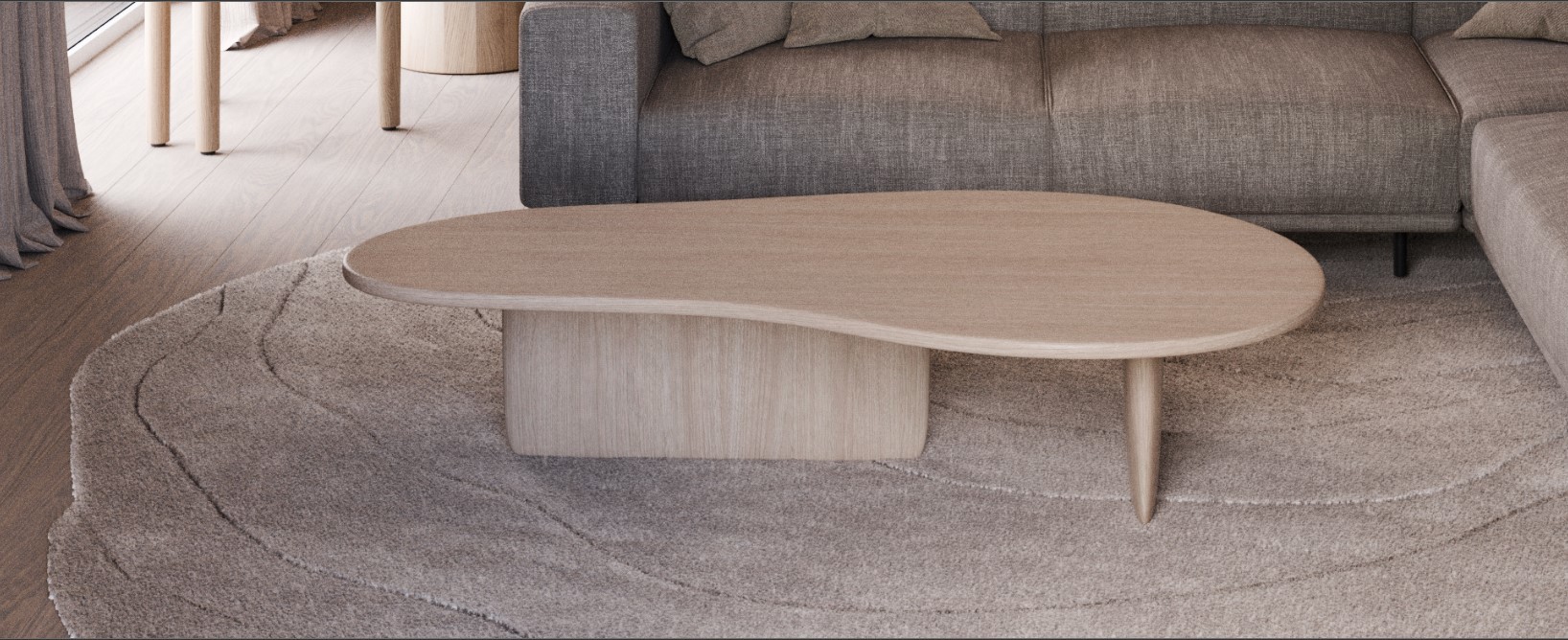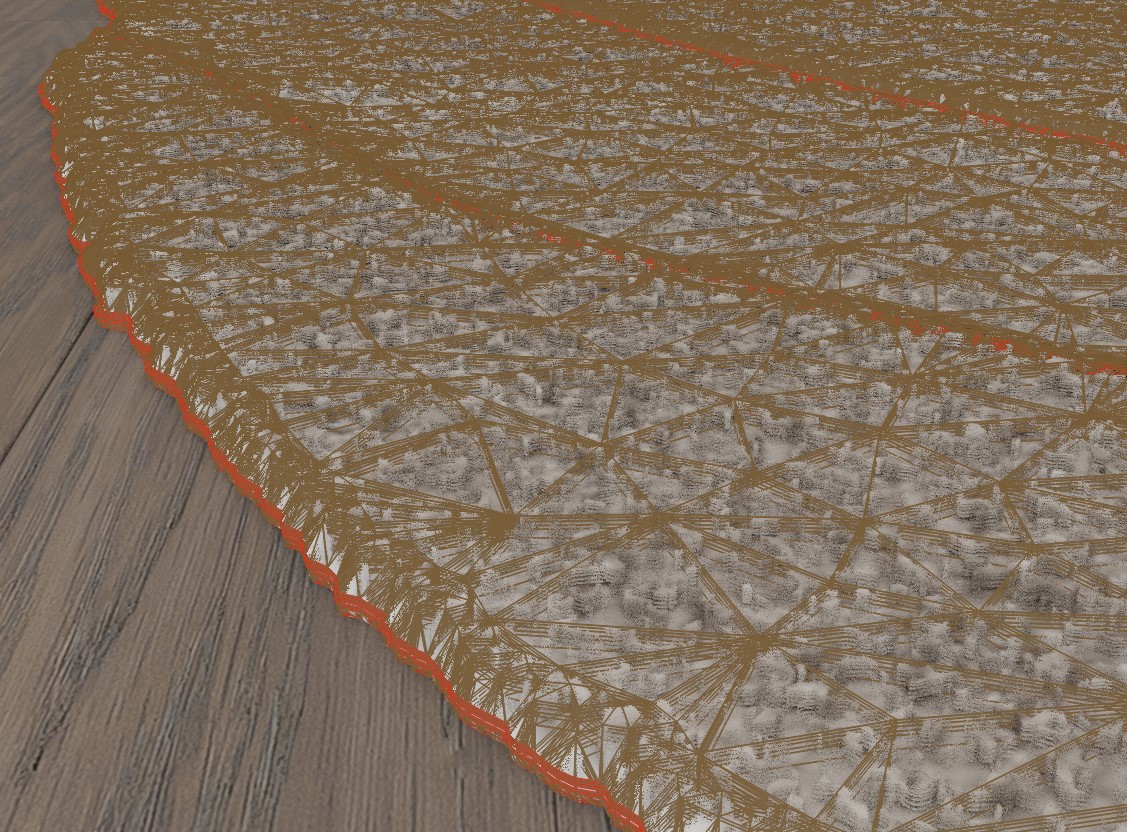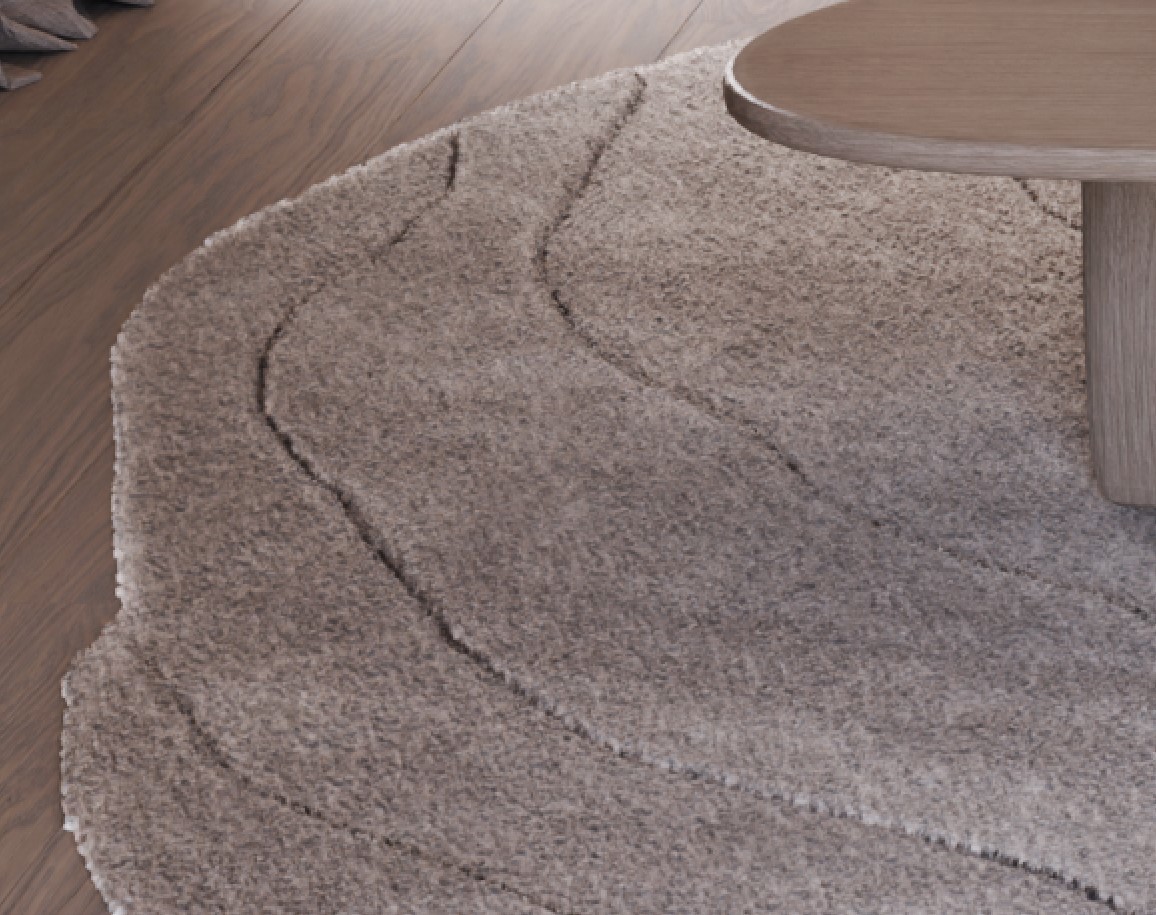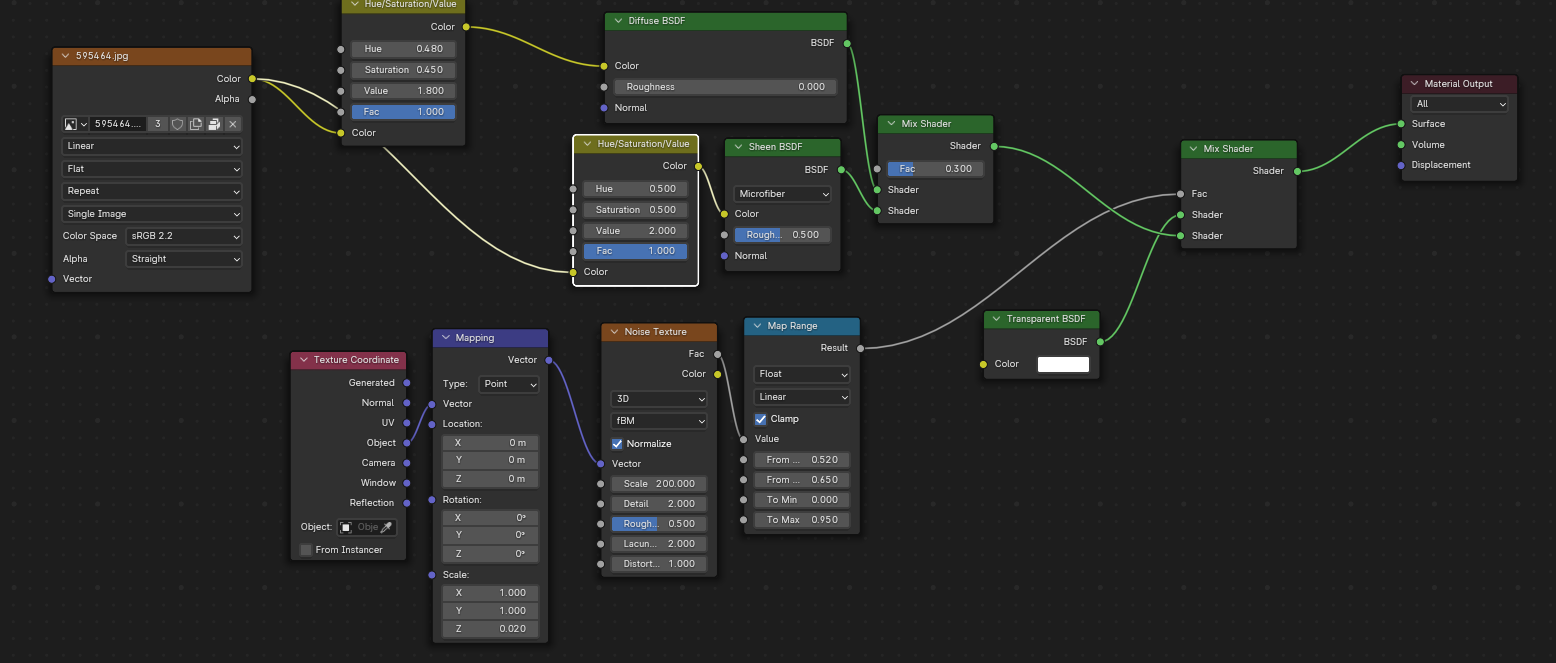One unusual way, I have used a few times to make this material is to offset a few layers of geometry(4-5) to form a few millimeter layer of sort of a volume approximation and then use noise texture(object texture coordinates so it's 3d) remapped to more appropriate range to make a volumetric mask. It requires 2 materials: 1 for the object and another for the "volume", but if sort of works OK for carpets and furniture sometimes. It seems to be easier and more efficient than displacement since you can have "volume" material slightly transparent/translucent and it's somewhat efficient in terms of resources:
It's not perfect when zoomed in too much, but it could work well in some situations. It works in the viewport(EEVEE) as well, but it sometimes looks different scale than in the render(Cycles), so it needs test renders. At least it used to in 4.0, not sure about 4.1.
The nodes for the "volume material":
I keep color variation from the image texture and add some sheen. I am sure one could make a more elaborate shader for it to look better, but that happens to be enough for me in this case.




